Mission Kitchen – where future food stars are made
Susan Low speaks to the founders of the new space in Vauxhall about why and how they’re finding, funding and fostering new food talent
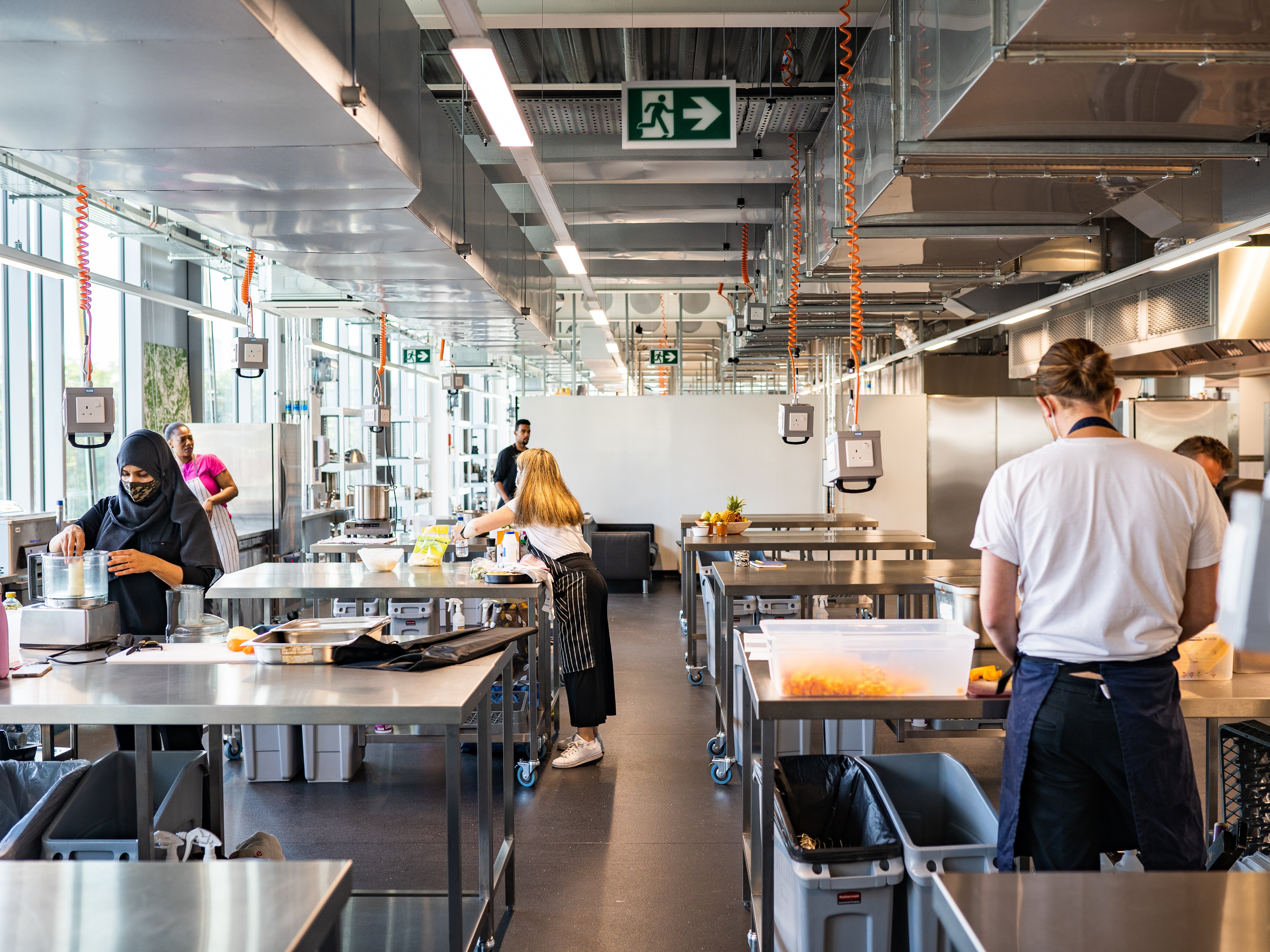
Necessity was the mother of Mission Kitchen’s invention. Six years ago, co-founder Charlie Gent was developing an artisanal bacon business and concluded that curing pork belly in the kitchen of his shared flat was not the route to domestic accord. “I assumed there must be somewhere food entrepreneurs could develop their ideas – and realised there wasn’t,” he says.
The germ of a business idea forming, Gent decided to phone a friend – two, in fact. He contacted Chris Lumsden, who had just left his job in hospitality and was planning to set up his own bar business, and colleague Paul Smyth, a public artist with an interest in food sustainability.
“I sat down with Paul to get some advice on Mission Kitchen – and discovered that he was working on the exact same idea. Within a week or two, we decided to collaborate.”
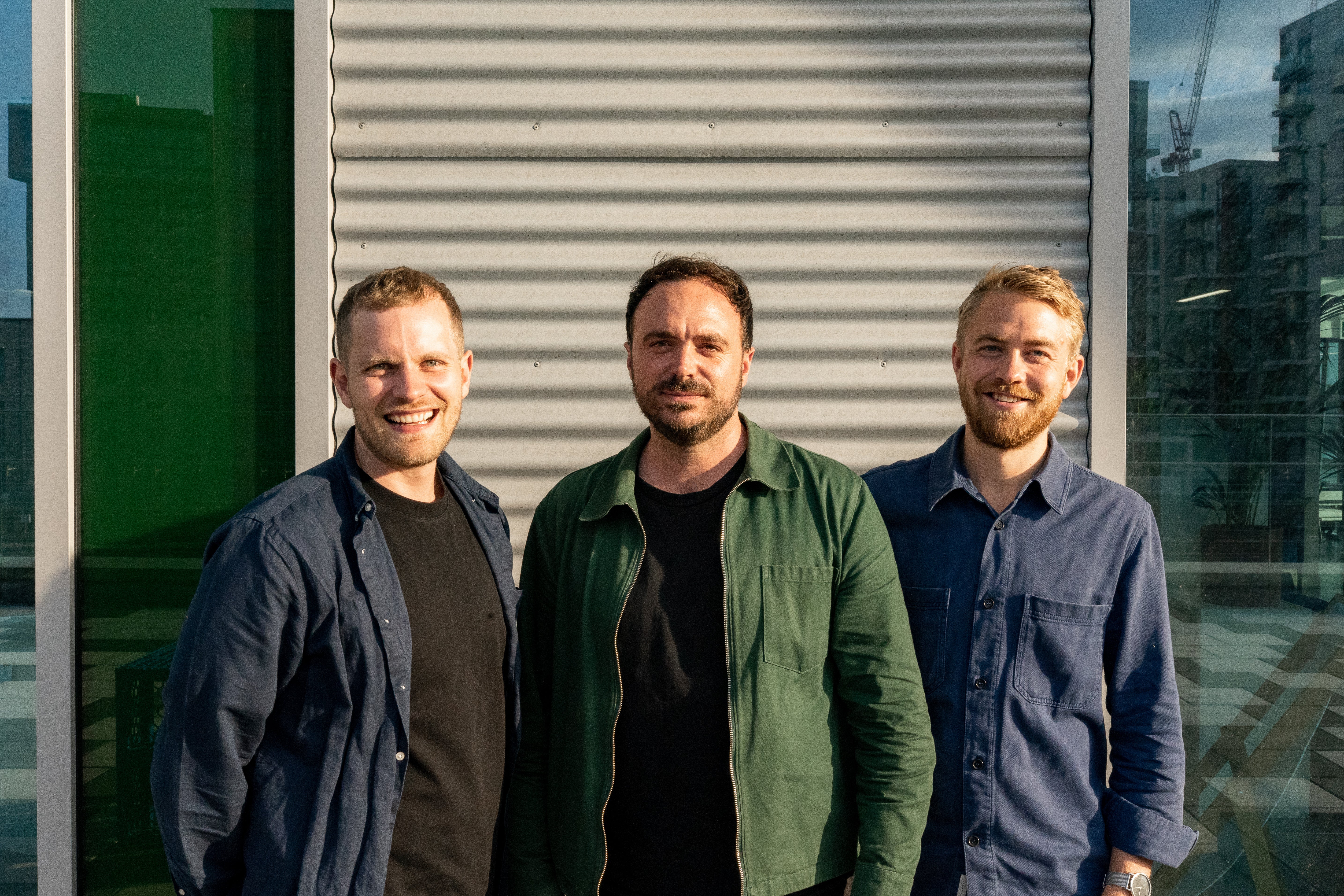
The trio joined forces and, some six years later, Mission Kitchen was the result. The 16,000sqft workspace at The Food Exchange in the heart of New Covent Garden Market in London opened in June. Its mission: to find, fund and foster new food talent and to help launch London’s next wave of food entrepreneurs.
Making it happen
“We want to help independent food businesses start-up and grow, and we want to support them in their ambitions – doing cool things, innovative things, disruptive things,” sums up Lumsden.
Cool, innovative and disruptive doesn’t come cheap, however. “We were faced with two initial challenges,” explains Smyth. “How do we get the money and how do we get the space?” The space at The Food Exchange was secured through a partnership with the New Covent Garden Market Authority, and the project got off the ground through funding from the Mayor of London’s £70m regeneration programme, the Good Growth Fund.
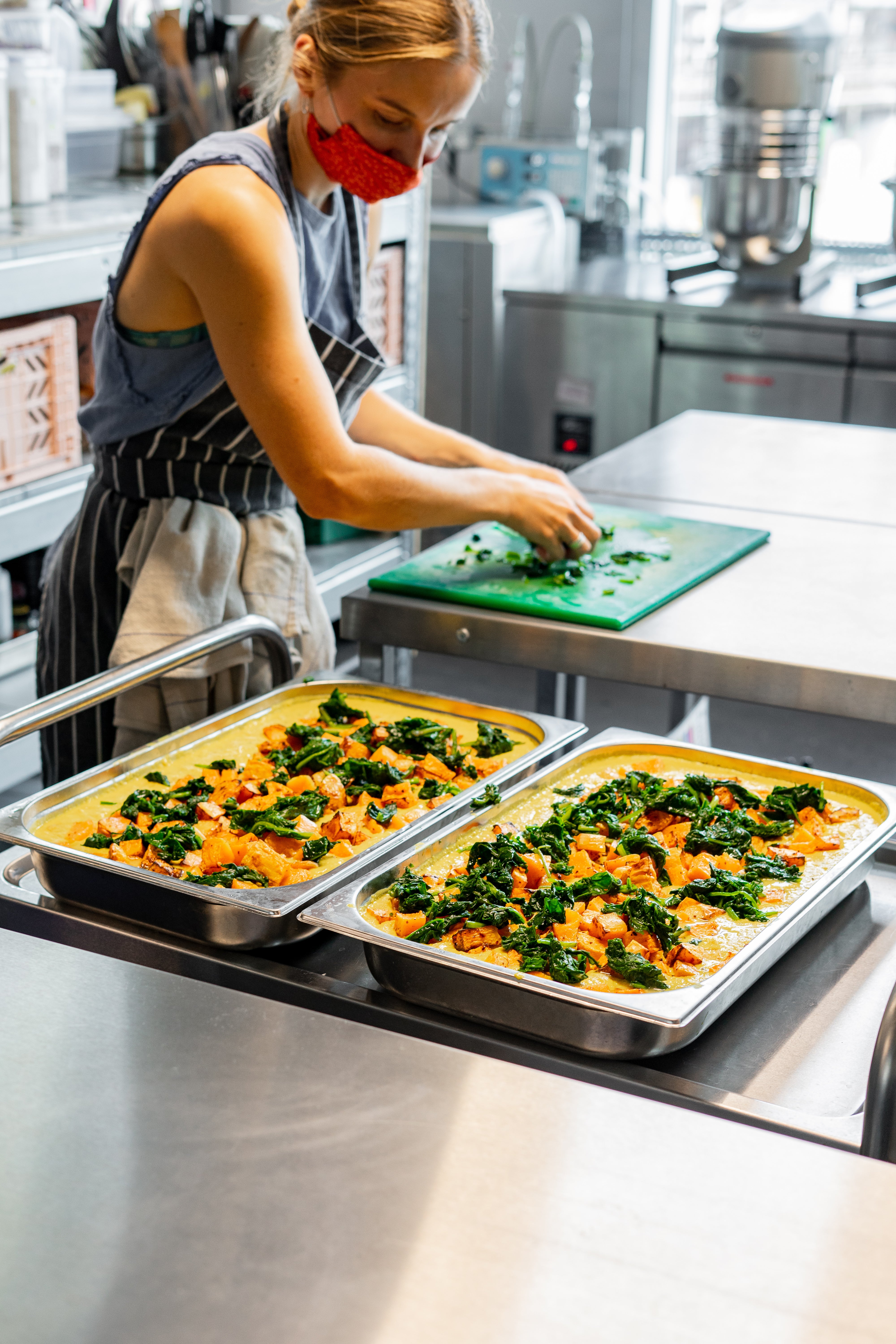
As Gent discovered when he was looking for kitchen space to start his own business, nothing like Mission Kitchen yet existed in the UK – but there were business models in other countries.
“Businesses that provided initial inspiration were Union Kitchen in Washington DC and Kitchen Republic in Amsterdam,” explains Gent. “Union Kitchen’s focus is turning local businesses into national brands. We also visited Kitchen Republic and met the team there. It’s an example of how helping food businesses to create scalable food products can make a real impact on the food system.”
As we talk, a word that comes up repeatedly is collaboration. Setting up a food business may seem like fun, but it’s not as easy as it may initially seem. “When you’re starting a food business, you’re spending a lot of time at the sink,” Chris Lumsden says. “It’s long hours, and the workforce has historically had poor mental health. The focus at Mission Kitchen is on making it fun, making it collaborative, enjoyable, and changing the way that people view a career in food.”
How Mission Kitchen works
Mission Kitchen has an allocation policy that gives preferential treatment to certain groups, to help meet their aim of making the food ecosystem more inclusive and more sustainable.
Gent explains: “We prioritise businesses that are led by people from disadvantaged backgrounds – so we’re looking for female business owners, people from minority ethnic backgrounds or disabled business owners, as part of the objectives that we had from the Good Growth Fund grant. We also prioritise social enterprises and businesses with sustainability at their core.”
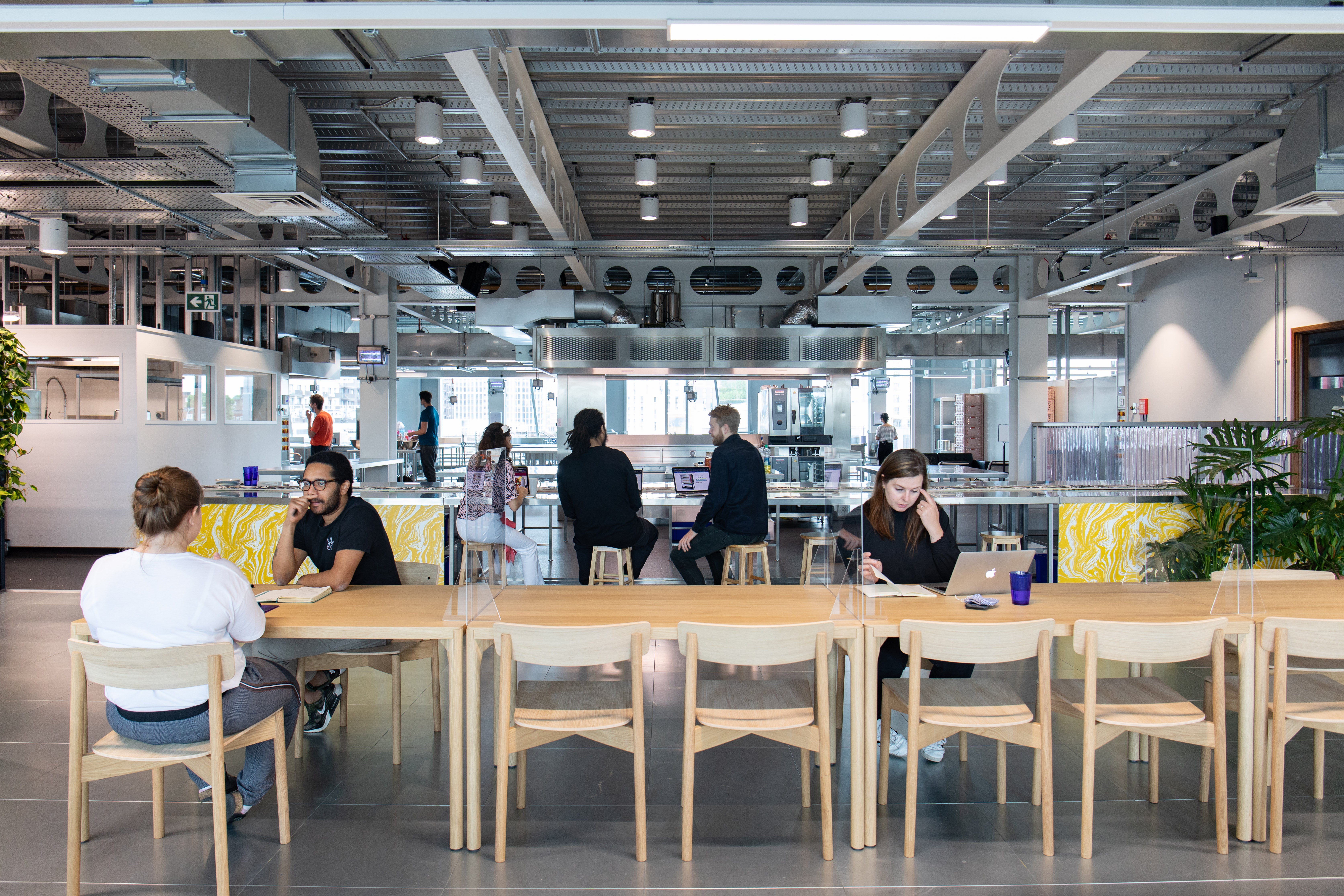
After a rigorous selection process, 32 fledgling food businesses were selected as founding members. Fifty-four per cent of them set up their businesses during lockdown, and 70 per cent are Bame or female-led. They include Lune and Wild, which makes plant-rich frozen baby and toddler food; Garden of Eva, making American-style pickles and conserves; and Mama Leys, which makes meals for low-income families in south London.
When we meet in early autumn, the kitchen workspace is abuzz with people mixing, kneading, stirring and tasting. I meet Theo Lloyd-Jones of Out of the Box, who’s marinating chicken in soy and aromatic spices; Kieu-My Pham Thai of 9Kitchens, who’s making Vietnamese rice paper rolls for her social enterprise catering business; and people from the FoodCycle charity, who are putting the finishing touches on roasted veg with couscous.
It’s long hours, and the workforce has historically had poor mental health. The focus at Mission Kitchen is on making it fun, making it collaborative, enjoyable, and changing the way that people view a career in food
“We’ve got 45 members now, and new members joining every week. The hope is that by the end of the year we will have 75-80 businesses based here,” says Gent.
Mentoring new talent
Depending on their business needs, members can make use of well-equipped shared or private kitchens and shared desk space, part-time or full-time, and can alter their requirements as their businesses take shape and grow.
They can also take part in talks and training workshops on topics such as finance, marketing and food photography – and the new mentorship programme. The pilot scheme counts food business luminaries such as Petra Barran from street food business Kerb, Tom Barton, co-founder of Honest Burgers, and Tom Elliott, senior manager in global strategy at Diageo, as mentors.
“Someone might be a brilliant chef, but might not have a background in business. The support services that we provide are as important as the ovens and the kit,” says Gent.
How will Mission Kitchen gauge its own success? “Seeing our members leave Mission Kitchen for the right reasons,” says Gent. “We’d love to see businesses that scale up to the point that they outgrow us. That will be a real sign of success.”
Meet the entrepreneurs
Mohammed (Momo) Abu Zard
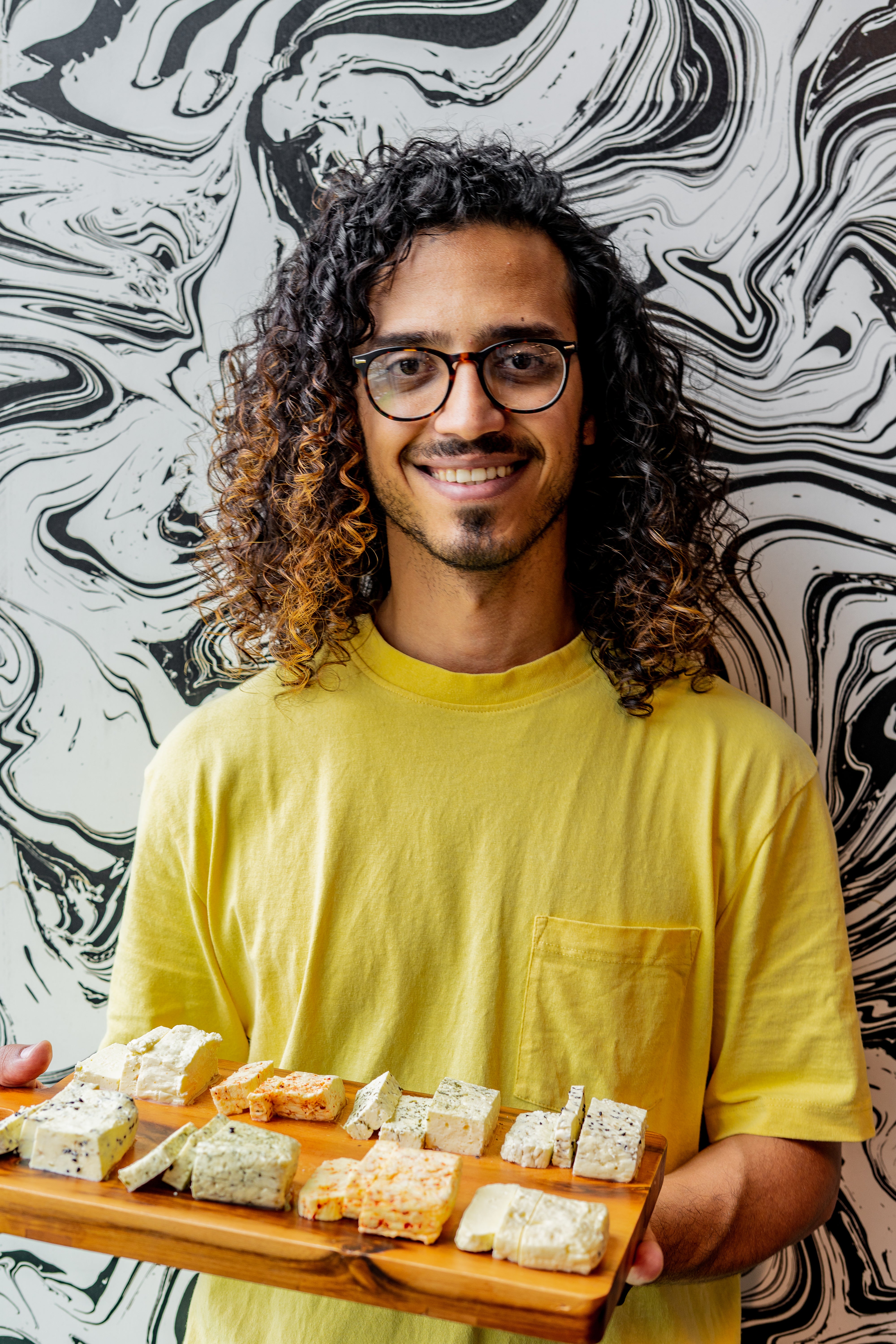
Business: Momo’s Dairy
Makes: “Halloumi’s Syrian cousin but less salty and more creamy. I have two versions – one is harder in texture and the other is preserved in brine. I have been experimenting for just over a year but am not trading yet.
“I grew up in Syria. I am Palestinian-Syrian, so I was born a refugee. I stayed in Syria until I graduated from veterinary school. I left because I didn’t want to be drafted into the army, so I left for Turkey, applied for the UNHCR resettlement scheme, and got the UK as my resettlement country. The UK took me in in 2019.
“My father had a cheese-making business in Syria. When I was in Turkey, I lost my father to cancer. I wanted to follow in his footsteps and finish some of his unfinished work, and stay connected to him through making cheese.
“It’s good to be working with like-minded people at Mission Kitchen. I love the community aspect of it and how members are on the same path and on the same journey in setting up their own businesses. My vision is to have a place where I cook Syrian food, sell my cheese and teach cookery classes all in one place.”
Elisha Ovia
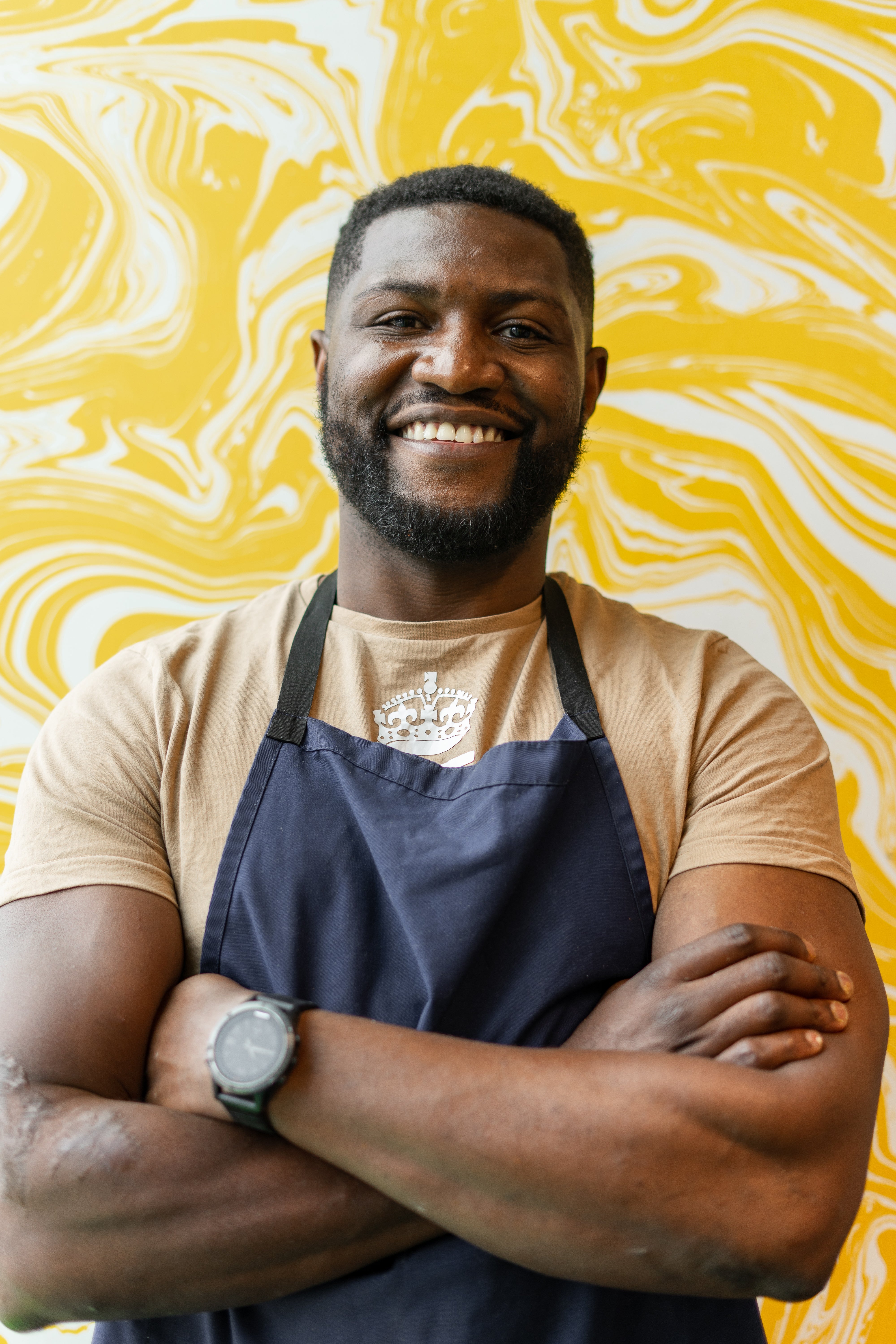
Business: Eli and Pie
Makes: “Pies without compromise.”
“I was travelling in South America about 15 years ago and I came across empanadas in Argentina, and I thought, ‘This is wild’. That kind of played on my mind for a while. Being Nigerian we do lots of pies as street food, but I grew up in London not really enjoying pies or pasties. I have an aunt who’s a chef, and she helped me get off the ground. Empanadas in Argentina were the spur, as was wanting to make a better pie, something unique that I could put my name to.”
“I was working as a banker at Black Rock on their graduate scheme and I wasn’t happy. Someone there asked me a great question: ‘Where do you want to be in 10 years?’ I said ‘Running my own business.’ That was the trigger point.
“My mission is to make people ‘eat happy’. To make them smile, and to take them around the world in a pie. If I can take you on a journey to your mother’s or your father’s home-cooked meal, or elicit memories of somewhere you’ve had great cooking, then I’ve achieved that.”
Chloë Stewart
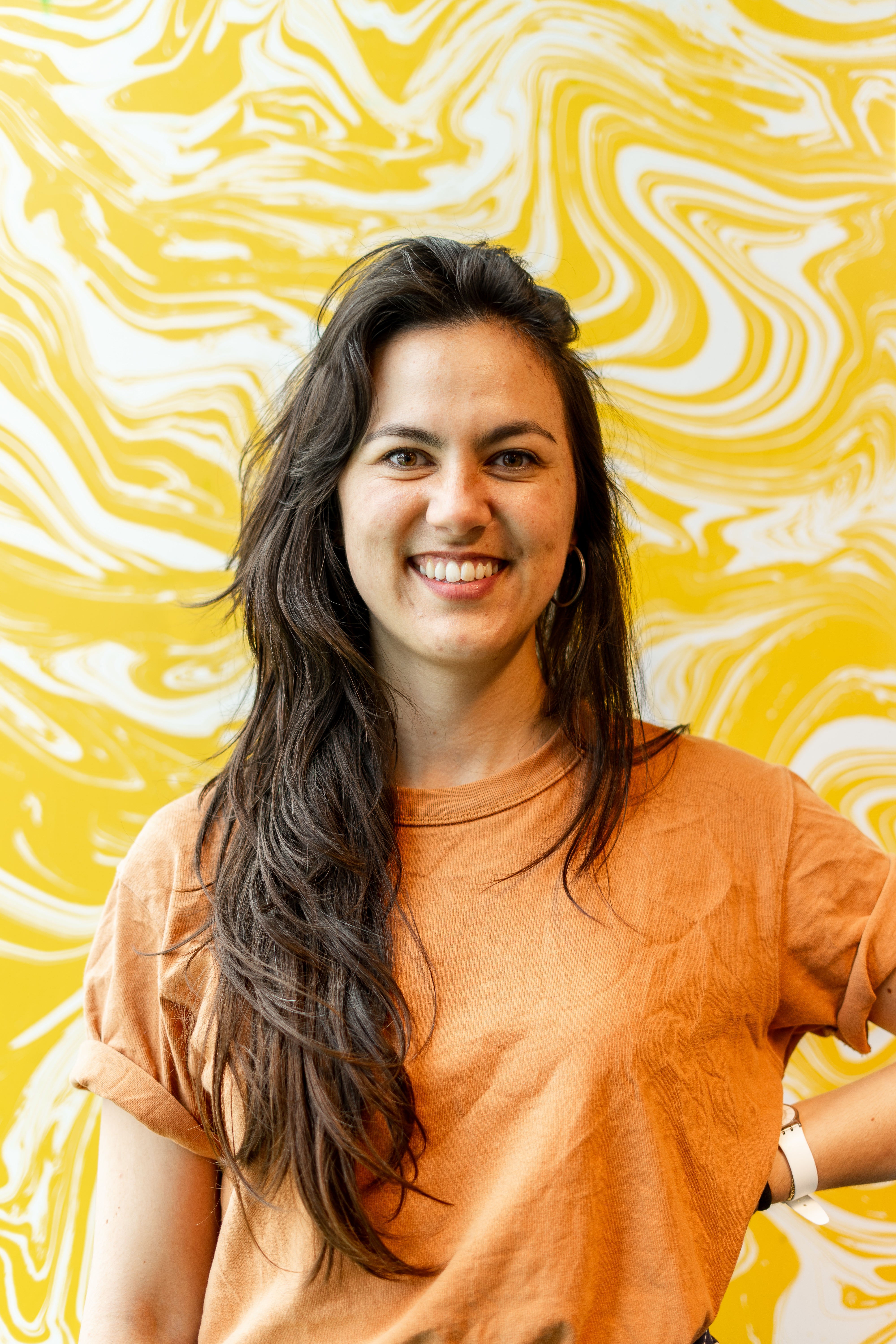
Business: nibs etc
Makes: “Up-cycled snacks from ingredients that would otherwise get thrown away.”
“I grew up between the UK and China and went to the US for university. Those experiences taught me a lot about cultural relationships with food, especially food waste. When I moved back to Europe I volunteered on an organic farm in the south of Italy. It was a reminder of how we should all be cooking: without waste, using up every last bit – and that triggered a lot of things for me.
“I was back in the UK, having an existential crisis and ending up in the kitchen, cooking out of the need for creativity. I loved the challenge of using what was in the cupboard. That led me to start my blog, nibs etc, and I did events, popups and supper clubs, all with the ethos of up-cycling.
“Being at Mission Kitchen has been stimulating and motivating. I love meeting new people and seeing what they are up to in the kitchen, but I also love getting stuck into my own workspace.
“My aim is to celebrate misunderstood ingredients and to help people create new food habits. I want to eliminate the habit of wasting food, redefine what waste is, and design it out of our habits, our language and our food systems.”
Join our commenting forum
Join thought-provoking conversations, follow other Independent readers and see their replies
Comments
Bookmark popover
Removed from bookmarks